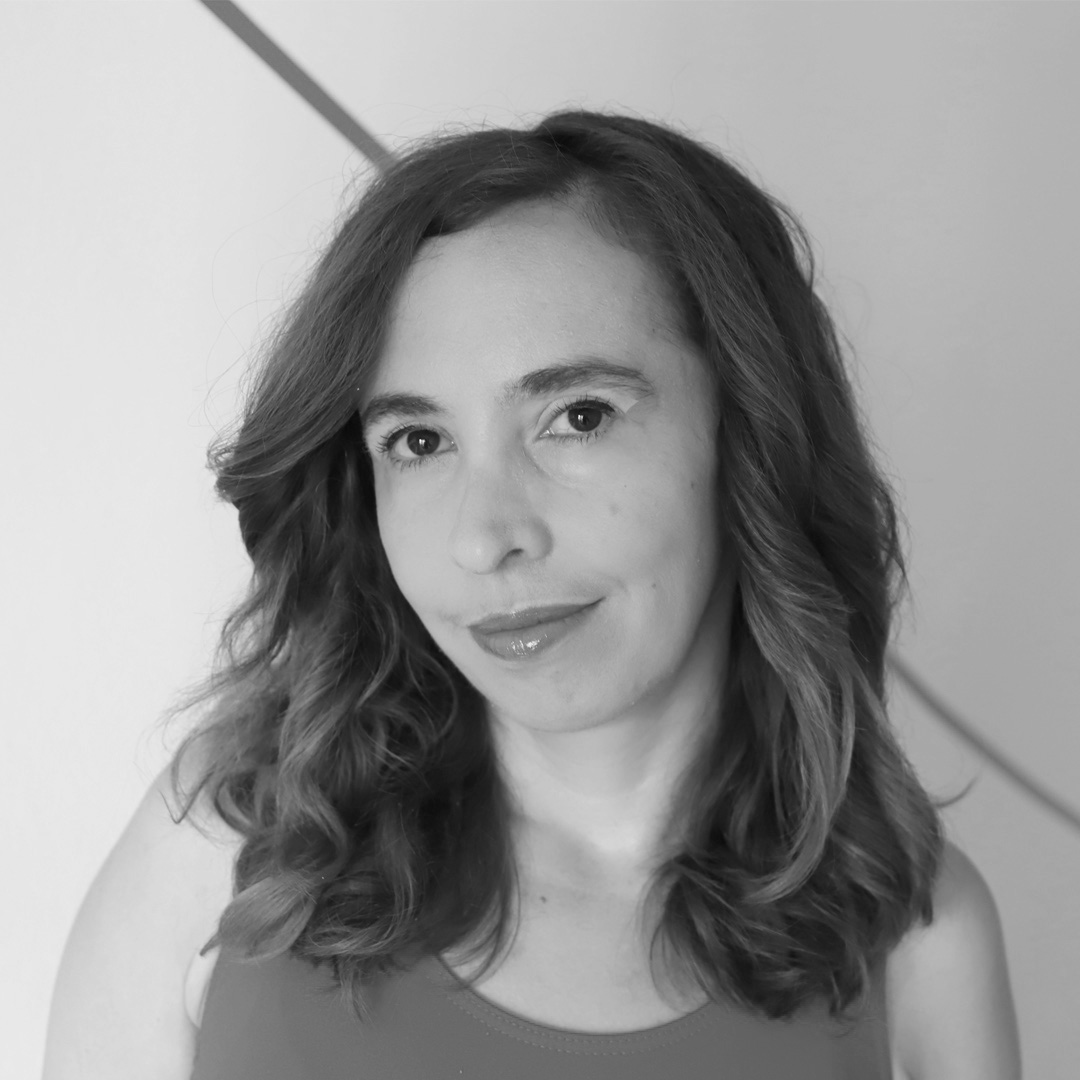
TUSIA DABROWSKA
is a Jewish Polish American artist who works at the intersection of storytelling, performance and media. Her collaborations have been seen in the US and internationally, including at AlphaNova (Berlin), EdgeCut, Soft Surplus, Circle1 (Berlin), mhProject, BRIC, The Gibney Dance Theater, Museum of Art and Design, Frequency Fridays at the Fuse Factory (Columbus, OH), Open Source Gallery, The PrintScreen Festival (Tel Aviv), and TAFNY. She is the co-founder of Temp. Files, a video publishing cooperative, online publication, streaming site, and remote residency.Tusia's writing/translation has appeared in the Nth Position, the Forward, Aish, Vida, and The Vassar Review. Her translation from Polish of Piotr Pazinski’s prize-winning memoir, The Boarding House, was published in late 2018 by the Dalkey Archive Press.
Her time-based work has been supported by the Puffin Foundation and Asylum Arts. Tusia was the artist in residence at Signal Culture (2017), BRICWorkspace (2017-2018), KonventZero (2019), mhProject Space (2019 and 2020), and BRIClab (video art) (2022-2023). She holds degrees from the New School, Trinity College Dublin, and NYU.
WIKTOR FREIFELD
works at the intersection of sound and moving image. His collaborative and solo projects span video, live projections, animation, installation art, and museum exhibition design. Friefeld’s audio projects include sound design and music for theater, video and documentary film, as well as numerous experimental music collaborations. His video/projections work has been presented in galleries and concert halls at home and abroad, including Synthetic Zero/The Bronx Art Space (US), the Banff Center (Canada), and Glasgow University (UK), as well as music festivals, like TAURON (Poland); animation festivals, such as MIAF (Australia); and art festivals, including Currents New Media Festival (US) and Sound Vision (Canada).
NINA GIELEN
is a producer-writer-director whose short films have been shown at U.S. and international festivals including Slamdance, Raindance, Cinewest Women Media Arts and Film Festival, ZEBRA Poetry Film Festival, YoFiFest, Downtown Urban Arts Festival, IndieWorks, Queens World Film Festival, and many others, as well as screening on SVOD platform Seed&Spark and DirecTV’s Shorts TV channel. She collaborated with photographer Christoph Gielen (her brother) on producing California Growth Machine, an experimental doc hybrid video project supported by the Aaron Siskind Foundation and Fund for Investigative Journalism and featuring aerial footage shot by cinematographer Michael Kelem (BBC’s Planet Earth and numerous feature films). Nina worked with documentarian Andrea Simon on distribution of the NEH-supported Angel Wagenstein: Art Is a Weapon, a feature-length portrait of Bulgarian Sephardic screenwriter, novelist, and World War II resistance fighter Angel Wagenstein. Nina’s feature project Magic Window, currently in development, was selected for participation in New York Women in Film and Television (NYWIFT)’s From Script to Preproduction lab and the Northeast Filmmakers Lab, advanced to the second round of the Sundance Screenwriters Lab and was a quarterfinalist for the ScreenCraft Film Fund. She is Director of Operations of Filmshop, a nonprofit independent filmmaker collective whose mission is to foster artists in developing new work through peer support and collaboration.